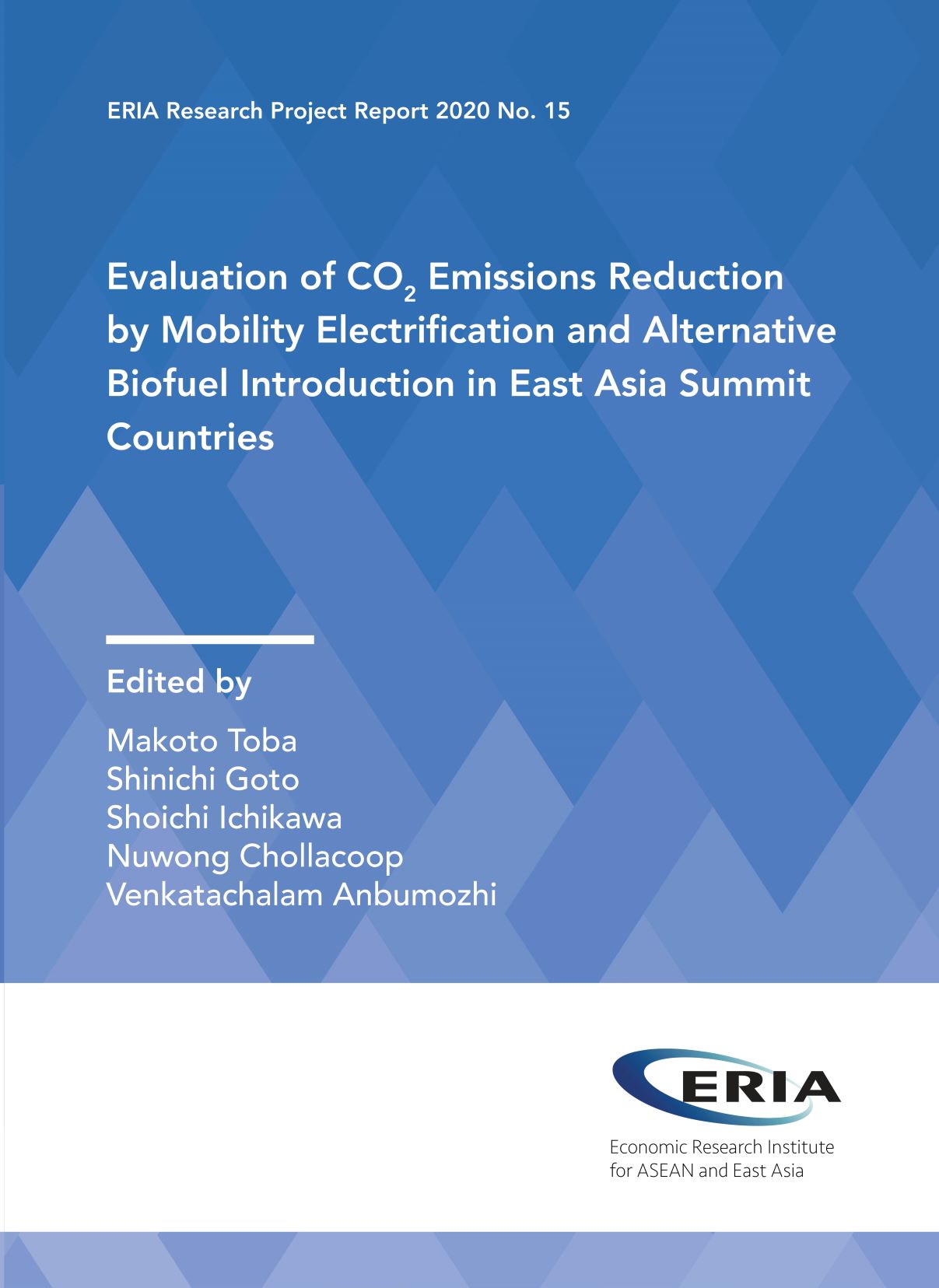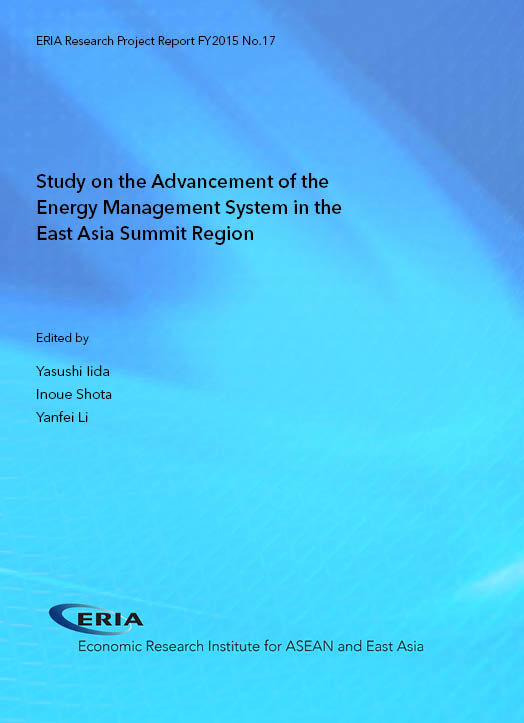Evaluation of CO2 Emissions Reduction by Mobility Electrification and Alternative Biofuel Introduction in East Asia Summit Countries

Date:
11 November 2020Type:
Research Project ReportsTags:
ASEAN, East Asia, Energy, Environment and Climate Change, Innovation and TechnologyPrint Article:
Efforts to decarbonise the transport sectors are now greater than ever in the East Asia Summit countries. With a quarter of total carbon dioxide emissions coming from transport energy use, there are roughly three options to reduce emissions – reducing transport energy demand, improving vehicle fuel efficiency, replacing mobility fuel with low-carbon varieties such as biofuel and electricity. This study report estimates the carbon emission reduction potentials of using biofuel in road vehicles, as a complementary strategy to increasing electrified vehicles in India, Indonesia, and Thailand. The simulation results indicate that a moderate electrification strategy alone is not sufficient to reduce carbon emissions to the level required by 2030, and a moderate to aggressive electrification combined with hybrid-promotion would have a maximum impact. The complementary use of both the conventional and next generation biofuels, as a substitute for transport fuel demand, will have total net positive carbon reduction and economic benefits. Hence, it is necessary to incentivise biofuels along with electric vehicles and hybrid automobiles as a part of a balanced portfolio of approaches to decarbonise the transport sector in the Association of Southeast Asian Nations and East Asia.
Full Report
Contents
List of Abbreviations and Acronyms
Chapter 3 - Supply Potential of Next Generation Biofuels from Non-Conventional Resources




